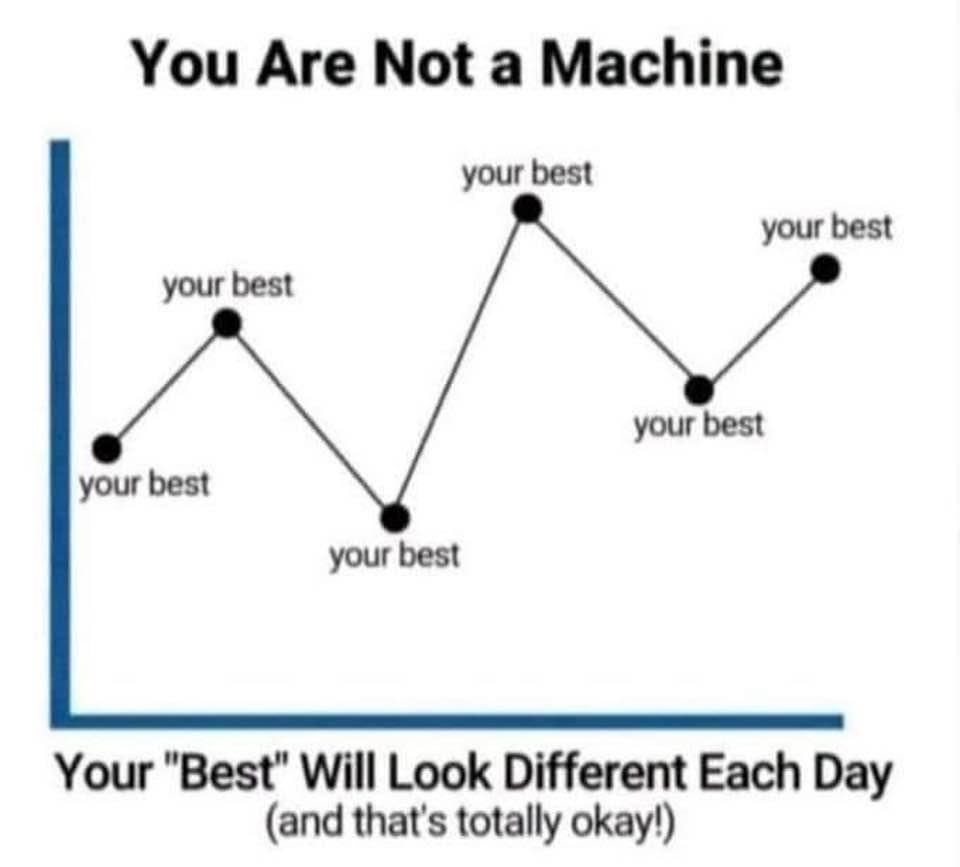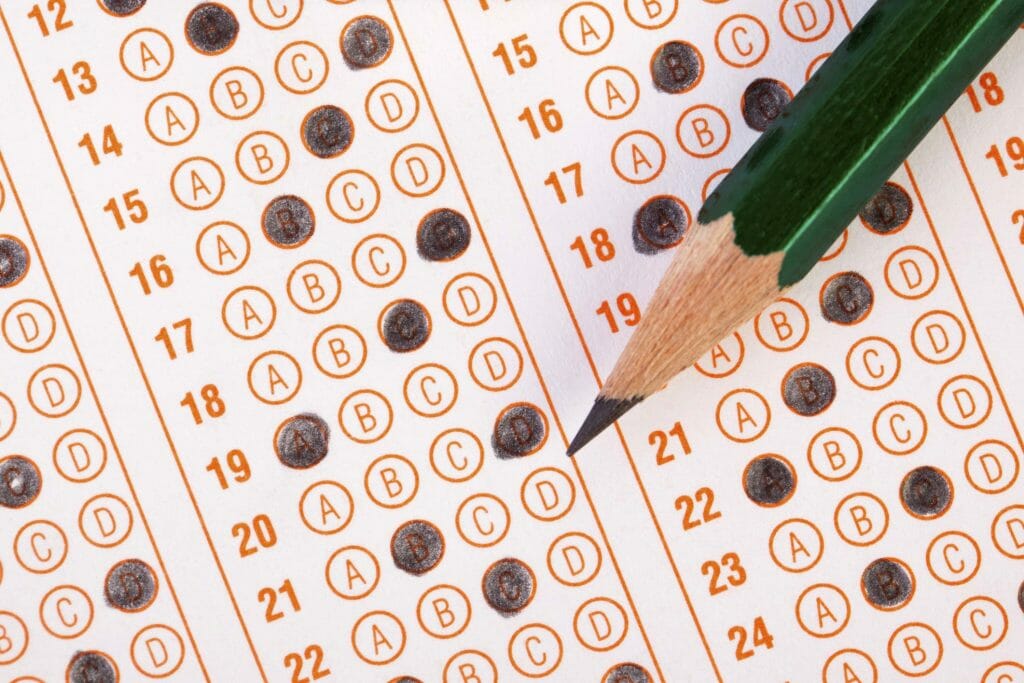Written by: Scot Goins, Assistant Dean of Academic Achievement and Bar Success
It’s the end of September, and in normal circumstances, that means that many law students are experiencing fatigue, exhaustion, and burn-out, while simultaneously experiencing anxiety, fear, and worries about impending midterms. Add to that mix concerns about a global pandemic, navigating virtual classes, combine that with a sense of isolation that accompanies not engaging in normal routines and social interactions, and you have a recipe for mental fatigue and burn-out. It is little wonder that law students in the current environment find themselves worried about staying on top of their reading, maintaining motivation, keeping up their energy, and performing academically.
Many students are asking themselves how they can re-energize, reinvigorate, and replenish their taxed mental faculties, emotional resources, and physical stamina.
If this sounds like you, then you have come to the right place.
It’s Normal to Feel Bleh
First and foremost, let’s just take a moment and be realistic and let the proverbial cat out of the bag. Everyone experiences some level of mental fatigue and burn-out in law school, especially after the initial rush of energy that accompanies starting a new semester. If you are feeling this way, I promise you that you are not alone, although it may feel that way because there is the general sense that you are not allowed to have a down day or week.
One of the astonishing things about law school is that there is this atmosphere and mindset that everyone must suddenly become superhuman. If someone told you a story about someone not getting enough sleep, regularly staring at a computer screen too long, reading books all night, who is somewhat isolated, and who has an ever-closer approaching set of tests on his or her radar, you would expect that person to be fatigued and approaching burn-out. Generally, it is easier to give others solid advice and share wisdom, and I bet that if I asked you to give the aforementioned person in the story some advice, you would share your best tips and tricks to help them stay motivated, recuperate, and re-energize. However, when it comes to following that advice yourself, you may find that you are resistant to incorporating your own advice and best practices. This makes sense because we are often far harder on ourselves and tend to hold ourselves to standards that we would not expect others to meet. But if you pause and think, that advice that you would give to someone else is good, so maybe it would be helpful to hear that same or similar advice from an external source.
That’s where this advice comes in. It’s based on real world experience from someone who has been there, done that, in terms of both law school and working remotely. It will likely mirror advice that you would give someone else, but may be unlikely to follow yourself. Hopefully, you will find the advice below helpful to your pursuit of success in a very challenging environment, and will also be encouraged to engage in best practices to perform at your best.
Check Yourself Before You Wreck Yourself
This is one of my favorite sayings, and it perfectly applies to your experience in law school. We have so many competing aspects to managing our time effectively, and it quickly becomes easy to sacrifice things like sleep, nutrition, physical activity, and spending time with friends and family. However, like all things in life, balance is key, and if you do not take care of the fundamentals, then you will not be able to excel in other areas. Making sure you are doing the things that are at the core of being a happy and healthy human goes hand-in-hand with making sure you are a successful and high-functioning student..
One of the best ways to deal with mental fatigue and burnout is to actually rest. Get enough sleep, and try to get on a regular snooze schedule. This is especially important when the time changes, as you don’t want to fall off the success wagon just because time falls back an hour. Sleep has numerous benefits, and getting enough will keep you alert, refreshed, and ready to engage with law school materials and professors. Bonus tip: never overlook the power of the powernap.
Although this will sound obvious, eating regularly is important because you need fuel to keep your mental fires burning brightly. However, as someone who struggles with this personally, one of the first things that often goes when stress is high and time feels tight is quality eating (or eating at all). Skipping meals is a recipe to feeling fatigued, and if you find your mind wandering or food commercials diverting your attention, you will definitely want to take note and grab some grub. Try to eat a healthy balance of protein, carbs, and fats on a regular basis, and you will find yourself energized and ready to go.
Once you are rested and carbed up, you will find engaging in physical activity much easier. As someone who had a couple of surgeries during the pandemic, I definitely have experience with how a lack of activity and a failure to engage in normal routines can take a toll on your mental, emotional, and physical well-being. If you want your mental machinery to operate at the highest levels, you have to make time for activity. A brisk walk, yoga, a bike ride, or any similar activity will not only help you burn some calories, but it will also get your blood flowing and lead to the release of helpful neurotransmitters in your brain. Sunlight is your friend, so with the time-change impending, get out and enjoy yourself. A happy brain is your friend, so make sure to exercise regularly!
Speaking of not wrecking yourself, if you have ever seen the movie Castaway (Tom Hanks, Wilson the Volleyball, isolation to the extreme), you may be aware that too much alone time is bad news. However, when you are focused on a task or stressed about an outcome, it is easy to start sacrificing your most important meaningful interactions with friends and family. My advice is simply this: Don’t. If you treat law school like your job (which you should), then you should also enjoy the fruits of your labors. Although work may get busy, you still have to “go home” at some point and engage socially. This is easy to overlook, especially in the virtual world, where “going home” may involve shifting 9 centimeters to the left on the couch or hiding your laptop under the bed for a bit. However, you must make time for your mental and emotional well-being, and engaging with people who care about you is important.
If you take care of yourself, you will be at your best to perform your best!
Limit Distractions
There is one thing that I can confirm about virtual studying, remote working, or being at home generally. You will always be able to find a distraction. It is guaranteed. Whether you have a family, a dog, a cat, a Netflix account, an imaginary friend, or a phone or other device generally, I promise that you will be able to find a distraction that can take you away from your work.
If you want to perform at the highest levels, you have to put aside the distractions and focus. This means turning off the phone notifications, turning off the tv, closing GroupMe, putting your cat down for the first time in five days, and telling your dog that fetch will have to wait 30 minutes. You will always perform better if your attention is not split between multiple activities, and even a momentary distraction such as a new Instagram post, the ‘ding’ of an arriving text message, or the new Taco Bell commercial on tv (I still do not know if it is a taco or a sandwich) can each impact your memory, retention, and engagement with materials. Work when it is time to work, and engage with social media and other distractors later. Focus is key.
Failure to Plan is a Plan to Fail
Speaking of engagement, one of the most distracting and mentally taxing things you can do in your life is trying to not do something you really enjoy doing. If you think that I am kidding, I highly encourage you to stock your refrigerator with your favorite food, and then try not to eat it. Not only will you mentally feel like you are missing out, but it will slowly become a bigger and bigger distraction (and by it, I’m talking specifically about you, Reese’s Cups that haunt me). So, how do you follow BOTH of the aforementioned pieces of advice and Check Yourself Before You Wreck Yourself AND Limit Distractions? You plan it out and you have a schedule.
If you schedule in your fun activities, your necessary activities (again, we are talking about sleep, eating, exercise, and spending time with friends and family), and your schoolwork, you will find it much easier to devote time to each and be fully present when you are engaging in each. If you know that you are going to eat a Reese’s Cup on Friday, it becomes much easier to avoid getting the King Sized version out of your refrigerator while you are trying to write an advice post. Too personal? Sue me (although if you’ve been paying attention in Civil Procedure, you may find standing to be an issue).
All kidding aside, it is much easier to engage in the study of law when you have a schedule. Beyond the times you have to attend class, you should make a schedule for studying, socialization, break times, watching your favorite football team or video, engaging in social media, or anything else that you want to do. The key to successful time management is to give each aspect of your life the dedicated time necessary to be happy, rested, and successful, without feeling like you are sacrificing something entirely. Balance and moderation are important, and you must make time for your well-being.
Know Your Purpose
Last, but never least, is knowing your purpose. If you wake up each day, go to sleep each night, and dedicate time throughout each day to reminding yourself of your purpose and goals, it is much easier to keep going when the going gets tough. Focus on why you are doing what you are doing, and try to maintain awareness of how each thing that you do each day is leading you on your personal journey towards success.
One of the things that I find most helpful in maintaining your path to success and your motivation is visualization. There are three types of visualization that I encourage you to engage in, and although this may sound like a Charles Dickens story, past, present, and future visualization are all valuable.
Past visualization references picturing a time in life when you were successful and happy. Sometimes in the midst of the rigors of law school, it is easy to forget all of the academic, personal, and professional accomplishments that led you to the opportunity to be enrolled in law school, and taking a few minutes to think about your previous success can motivate you towards continuing your success journey.
Speaking of, do not forget to think about the things you are accomplishing now. It is easy to feel like an endless array of cases, black letter law, studying, and writing are overwhelming you, but the truth of the matter is that each day you are accomplishing, learning, and growing. Remembering to give yourself kudos and acknowledging each day’s accomplishments can be both motivating and empowering, so I encourage you to visualize three things that you have accomplished each day.
Finally, remember to visualize your future success and accomplishments. Picture yourself successfully completing an exam, walking at graduation, passing the bar exam, inviting your friends and family to your swearing-in ceremony, and a host of other future events can provide fuel to reinvigorate your fire when it wanes, so make sure to always keep your eyes on the prize.
In Conclusion
On the surface, all of the above may seem like common sense, but it is often the little things that fly out the window when stress grows and time feels short. Please make sure to take care of yourself mentally, emotionally, and psychologically during the rigors of law school. You deserve to be here, you are capable, and you will be successful if you put the time, effort, and dedication into this experience that it (and you) deserve.
Burning-out and mental fatigue are normal, but sometimes stress and problems can move beyond the normal and become problematic. Please always remember that you are never alone and that people care about you as an individual. If you find yourself in need of additional support and assistance, please visit our counseling resources page located at: https://www.johnmarshall.edu/ajmls-students/student-services/counseling-services/.



























